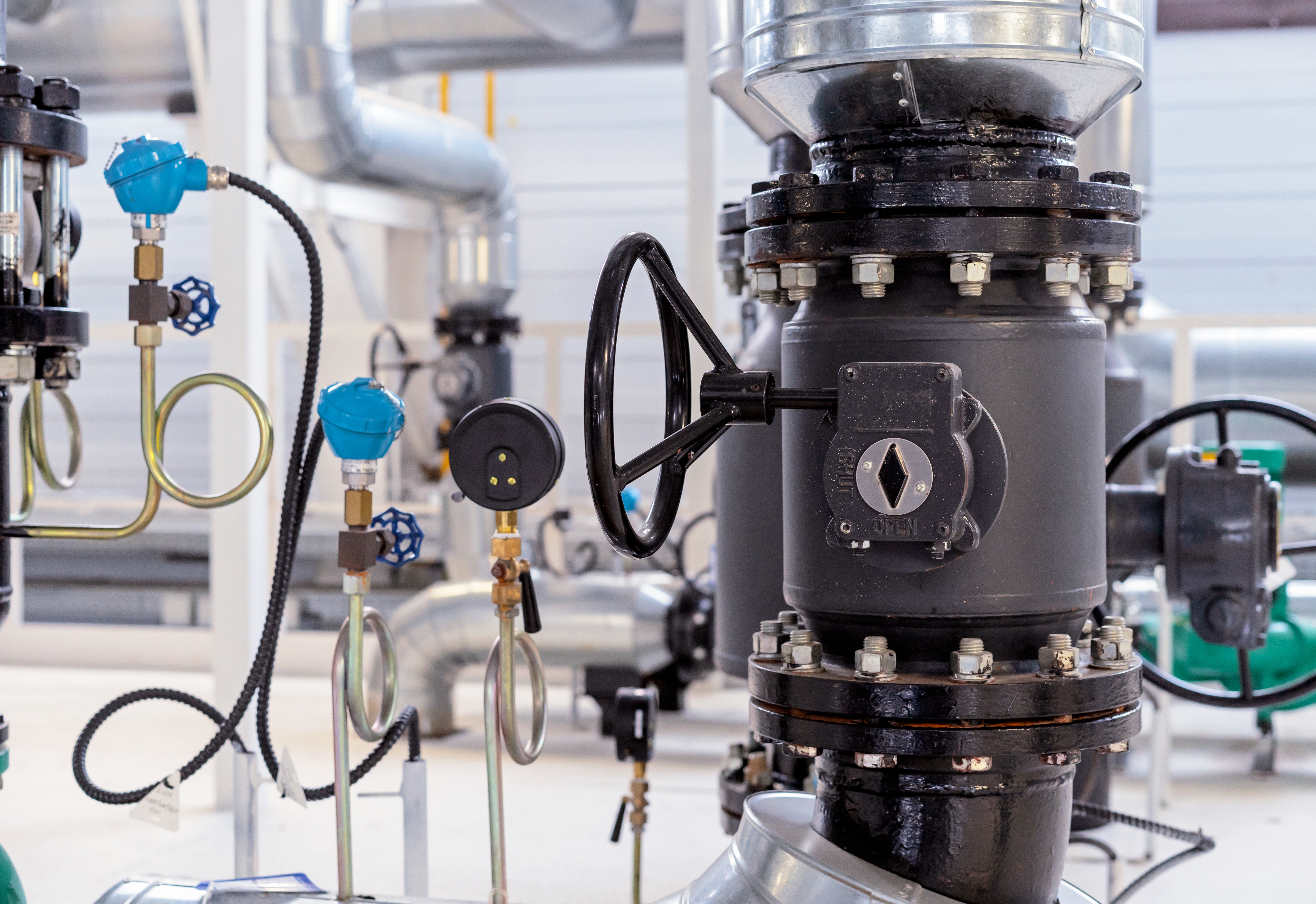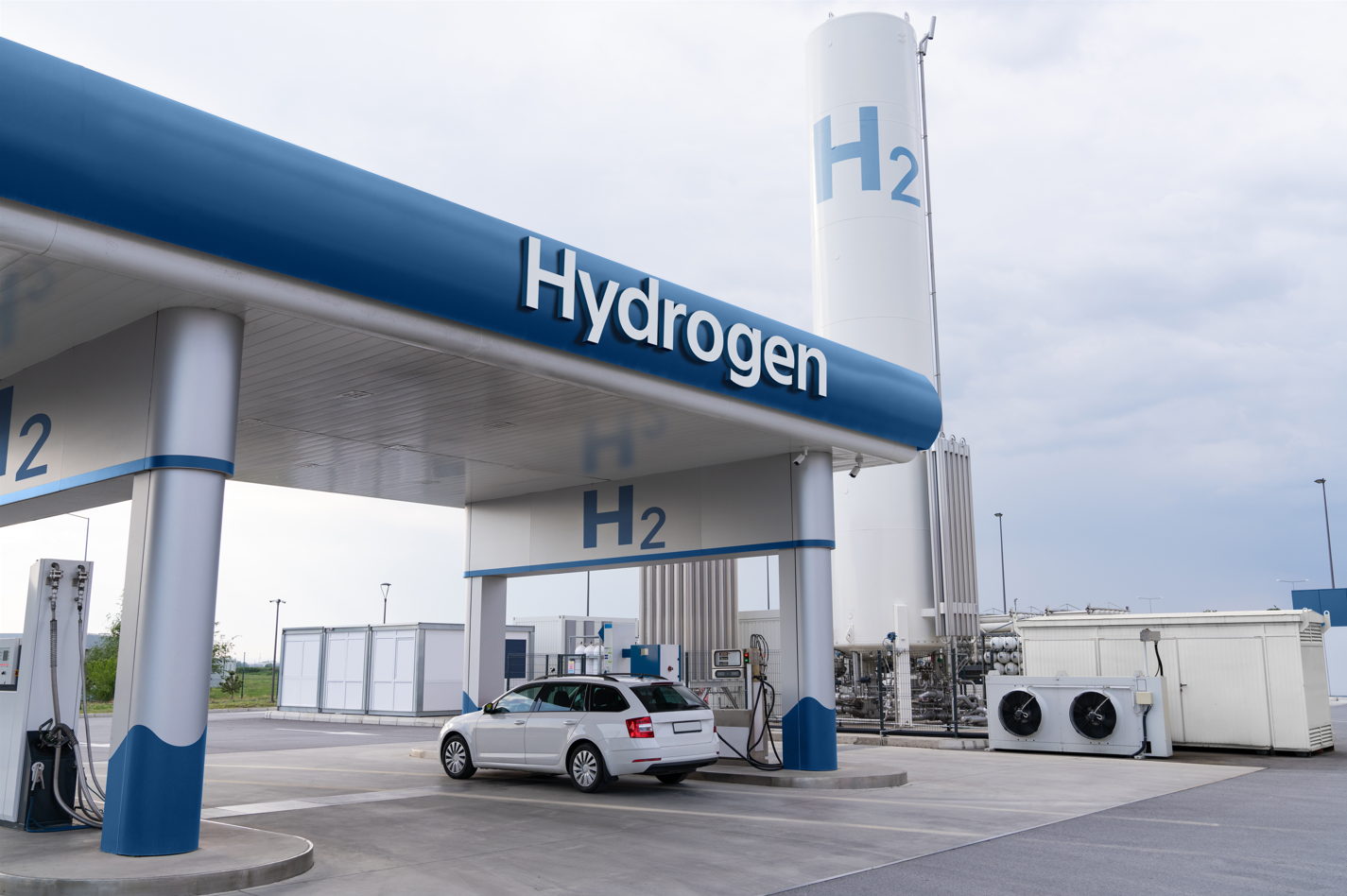Featured Articles
2022-08-08
Hydrogenation of heavy vehicles is imperative
 The significant demands will be brought to heavy-duty hydrogen vehicles shortly.
The significant demands will be brought to heavy-duty hydrogen vehicles shortly.The mass production of hydrogen vehicles began in 2014 for Toyota's cars, directly facing the attack of fuel vehicles and lithium vehicles, and they are at a disadvantage in terms of price, convenience of fuel acquisition and market awareness. The situation has caused sales to be in a slump. In order to get rid of this quagmire, we must start from various aspects and gradually solve it. In terms of cost, take Toyota as an example. The company launched the first-generation Prius hybrid car in 1997, successfully opening the new energy vehicle in the era of carbon reduction, and developed the hybrid power system to the fourth generation in about 20 years, thereby greatly reducing the cost. The company hopes to replicate this model of halving system costs per generation on hydrogen vehicles. In addition to the attractiveness of developing and improving the functions and zero emissions of hydrogen vehicles, and through the reduction of the cost of hydrogen fuel cell systems, it can be transferred to various applications such as commercial vehicles, railways and ships, sharing research and development costs and creating more economic benefits of large production scale. Among them, hydrogen energy for commercial vehicles and heavy-duty vehicles has been in significant demand in recent years.
Although passenger cars are the main source of carbon emissions, the pollution caused by the long-distance, long-running and high-emission exhaust gas of trucks cannot be ignored. Trucks have very different usage characteristics than passenger cars, often with fixed driving routes and refueling locations, and low price sensitivity. To some extent, they are quite suitable for the introduction of hydrogen vehicles. It is not an ideal choice for trucks to use lithium batteries as power. The larger the load, the larger the battery pack is required. To achieve the same driving distance as the fuel truck, the capacity of the lithium battery must be greatly increased. Increasing the load will compress the cargo weight. It also needs to prolong the charging time, which significantly reduces the operating efficiency. In mountainous areas, trucks with lithium batteries are a nightmare. On the other hand, if hydrogen energy is used, the hydrogen energy station is arranged on a fixed route like a gas station, and the hydrogen refueling time is extremely short, which is almost the same as the type of gas refueling in the past. Although the current price of hydrogen-powered heavy-duty vehicles will still be significantly higher than that of fuel-powered vehicles, in the long run, it will have better cost-effectiveness. Therefore, the direct evolution from fuel vehicles to hydrogen vehicles has gradually become the consensus of heavy vehicle manufacturers, and it is the first to expand in Europe. The same is true for buses and commercial vehicles. In addition to the above factors, the driving force is related to the policy of EU countries to reduce carbon dioxide emissions from heavy vehicles by one-third of the 2019 level by 2030. The EU may implement a diesel ban or adopt a high tax rate in the future, and at the same time cooperate with the reduction of green energy vehicle tolls.
References
-
Electrek, 2020-04-22, Bradley Berman, Daimler ends hydrogen car development because it’s too costly
-
Financial Times, 2020-05-10, Richard Milne, Volvo and Daimler bet on hydrogen truck boom this decade
-
Green Car Congress, 2022-05-20, Renault Scénic Vision hydrogen hybrid concept offers 75% smaller carbon footprint than a conventional BEV
- Electrek, 2022-01-20, Scooter Doll, Honda CEO says Toyota’s strategy topursue hydrogen combustion ‘doesn’t seem feasible’
- CNBC,2021-06-21, Michael Wayland, GM plans to expand fuel-cell businessbeyond EVs
-
General Motors, News Room, GM Plans to Broaden Electrification, Expanding Fuel Cells Beyond Vehicles
-
Reuters, 2021-09-22, Nick Garey, German auto giants place their bets on hydrogen car
-
CNBC,2022-05-22, Anmar Frangoul, The most dumb thing’: Elon Musk dismisses hydrogen as tool for energy storage
- Bloomberg, 2022-05-26, Annie Lee, The Trouble With Lithium
- Gear Patrol, 2022-03-15, Tyler Duffy, Ford May Be Planning to Keep the Internal Combustion Mustang Alive



